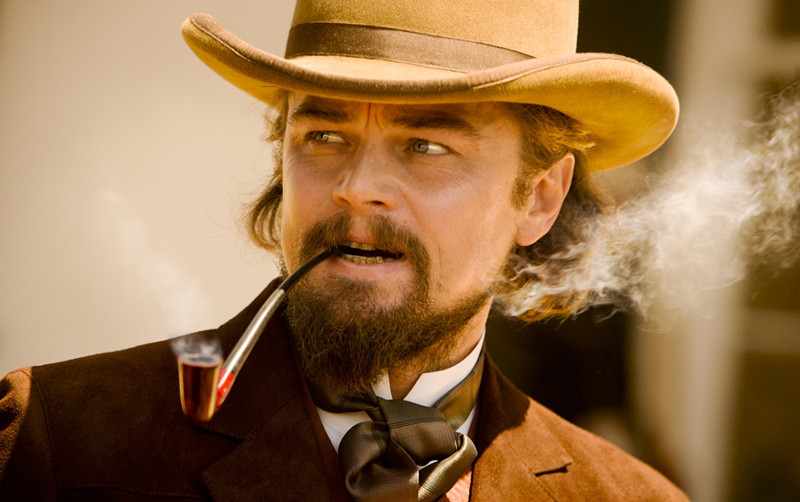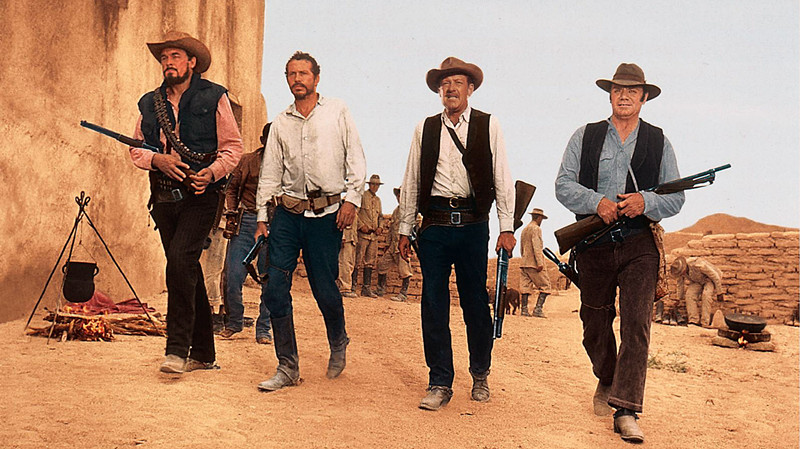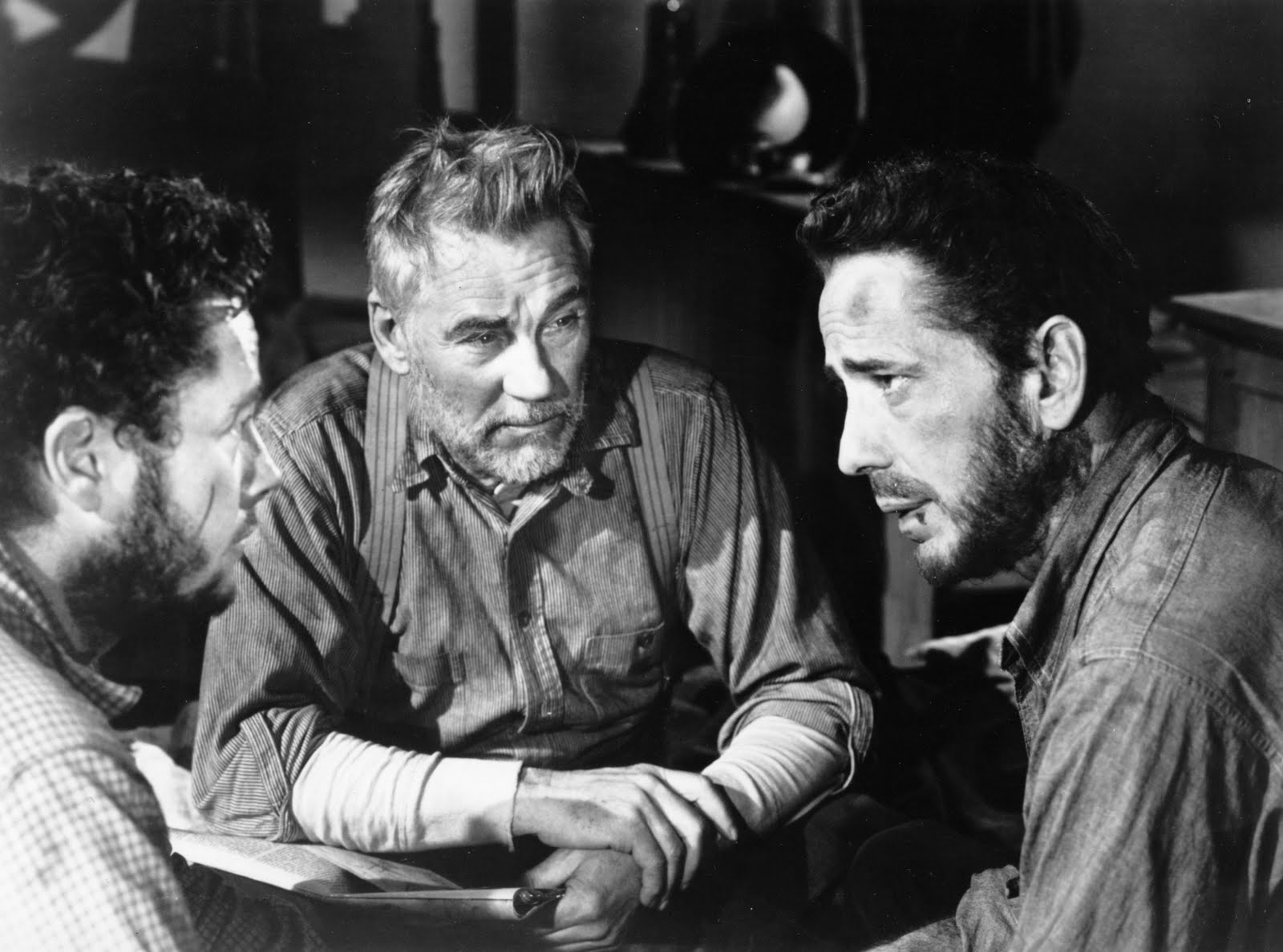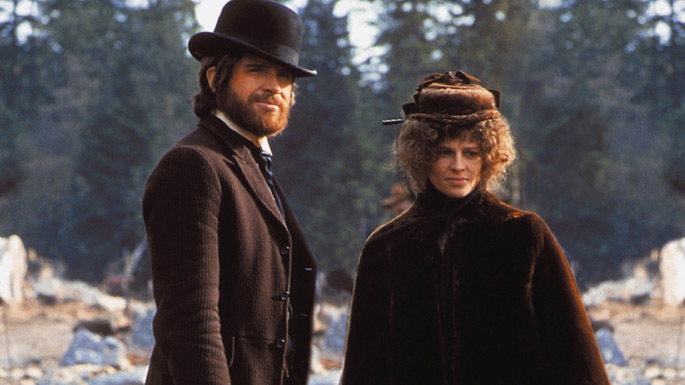6. Django Unchained (2012)

The ugly specters of American slavery rear their ugly head in Quentin Tarantino’s Civil War-era revisionist rabble rouser, starring Jamie Foxx as the titular ex-slave gunslinger hellbent on exacting revenge on those who wronged, exploited, and abused him and rescue his wife from servitude with the help of a sharp-tongued bounty hunter (Christoph Waltz).
As is the tradition within Tarantino’s catalog, some viewers might find themselves turned off by the director’s personal brand of pitch-black humor, grotesque violence, and thinly-veiled homages. But as long as you don’t let his occasionally problematic artistic choices get under your skin, this unsparing look at the Antebellum South offers rewards galore to any Spaghetti Western or B-movie grindhouse aficionado who already abides by the church of Sergio Corbucci.
12 years later, “Django Unchained” endures as just the kind of unhinged guilty pleasure you simply must sit down and watch whenever you catch it on cable. And while perhaps too loud and heavy-handed for its own good, Leonardo DiCaprio’s brief villain turn as sadistic plantation owner Calvin J. Candie deserves to be seen to be believed.
7. The Magnificent Seven (1960)

Legendary Japanese director Akira Kurosawa set what many considered to be an unreachable bar to cross in 1954 when he single-handedly brought action cinema to new, unprecedented heights with “Seven Samurai”, a three-plus-hour epic about a group of masterless warriors hired to protect a village of rice farmers against a horde of bandits.
So when John Sturges hit the headlines after being tapped to mount an English-language remake of the film, it probably was hard not to greet the news with a healthy dose of skepticism. Still, you gotta hand it to the director of “The Great Escape” for coming as close to living up to the source material as anyone could’ve realistically hoped for. By deftly transposing the timeless story from feudal Japan to the Wild West and trimming its lengthy runtime down to a lean, tight 127 minutes, “The Magnificent Seven” is not only able to withstand unflattering comparisons with “Seven Samurai” but more than holds up today as a bona fide masterpiece that stands squarely on its own.
Granted, it helps to have a murderer’s row of certified Hollywood tough guys like Steve McQueen, Charles Bronson, Eli Wallach and James Coburn all lined up to set the screen aflame and save the day, not to mention one of the most iconic and instantly recognizable soundtracks of any Western ever blasting at full volume in the background while the big fireworks unfold. Don’t let the hardcore arthouse cinephile crowd turn you off — this movie slaps.
8. The Wild Bunch (1969)

Ambiguity is the name of the game in this hard-edged, R-rated revisionist Western directed by maverick Hollywood trailblazer Sam Peckinpah, who rattled censors and became a lightning rod of controversy stateside for his unflinching use of graphic violence and down-and-dirty portrayal of the Wild West through the lens of a group of aging gunslingers trying to make it south of the border after a botched robbery.
You’d think that time might have already begun to soften its rougher edges with countless American directors including Quentin Tarantino religiously following Peckinpah’s footsteps to peel back the curtain and expose the rotten core that defined the nation’s origin myth. But as multiple, enriching repeated viewings reveal, “The Wild Bunch” has lost none of its power to provoke, knock your socks off and throw you off balance with its big set pieces and sudden outbursts of violence. In 1969, Hollywood finally bid farewell to the westerns of old and their rigid morality — nothing was off the table anymore, and audiences had better get used to it.
9. The Treasure of Sierra Madre (1948)

After instantly catapulting Humphrey Bogart’s career in 1941 with his soaring debut “The Maltese Falcon”, John Huston re-teamed with his frequent on-screen muse in this Oscar-winning morality play based on a 1927 novel by B. Traven, about two wayward American expats stranded on the south of the border who decide to try their hand at gold prospecting in the treacherous mountains of central Mexico.
The corruptive influence of greed and power on the human spirit is potently laid bare in “The Treasure of Sierra Madre” as we watch three wolves in sheep’s clothing gradually bury their humanity, backstab each other, and even kill as they vye for gold in what ultimately threatens to be their own undoing. Remarkably, in a decade-spanning career that saw him inhabit some of the most enduring heroes, flawed characters, and slippery leads in all American cinema, Fred C. Dobbs stakes a legitimate claim as being Humphrey Bogart’s defining role.
10. McCabe & Mrs. Miller (1971)

Robert Altman earned his stripes and forever burnished his reputation as America’s provocateur par excellence in the 1970s by essentially trying his hand at a vast number of different film genres while always playing by his own rules. Prior to masterfully deconstructing the classic noir (“The Long Goodbye”), musical (“Nashville”), and war movie (“M*A*S*H*”), the director dipped his toes into the western with this off-beat takedown of the American Dream starring Warren Beatty as an opportunistic gambler called McCabe who sets up shop as the new brothel owner in a snow-bound mining town in the Northwest with the help of a down-and-out British prostitute (Julie Christie).
Altman’s signature overlapping dialogue and commitment to authenticity may admittedly take first-time viewers a little while to get used to, but as soon as you turn the captions on and tune into the film’s unique wavelength, chances are you’ll find a new cinematic comfort food that will keep you coming back over for more. Extra points go to the stirring soundtrack composed and performed by Leonard Cohen which only intensifies the lasting impact of McCabe and Mrs. Miller’s journey from penniless drifters to thriving entrepreneurs.